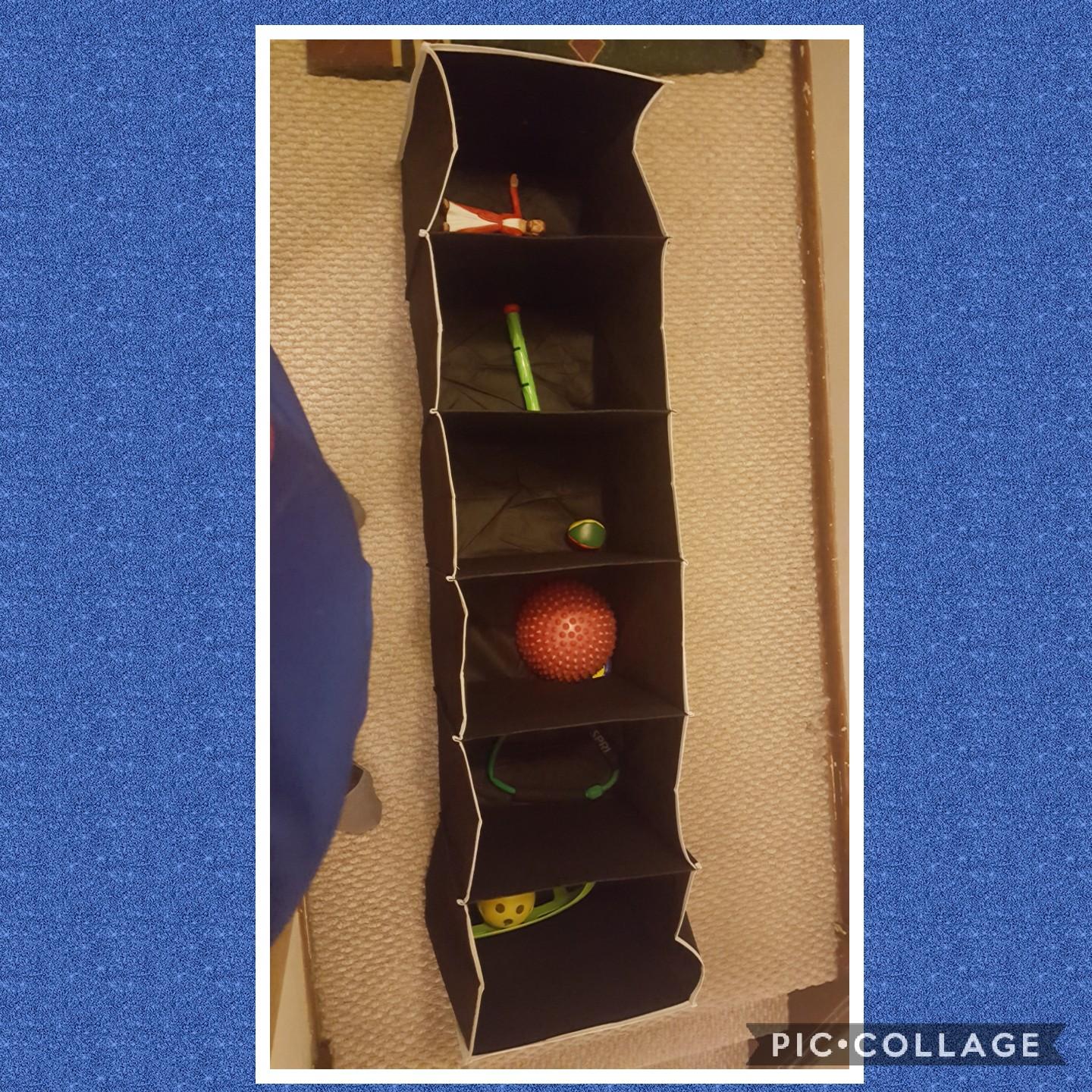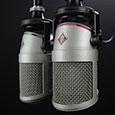
Motor skills are developed in different stages for various children. It is essential that each child learns the major movement activities in order to have a life-long appreciation of fitness. During early childhood, there should be an opportunity to work on walking, balancing, throwing, and catching.
Children should have trial and error experiences as well as beginning drills and the integration of skills in specific sport games. Skills are learned by body through mind learning. Emphasis should be on imitation and games that cause children to assume proper movement patterns. Proper form must be shown through fun games and activities.
If a child has not mastered a motor skill considered basic for his age, there must be some remediation in that area. Children should have an opportunity to systematically develop basic movement and perception skills. When the child arrives into intermediate elementary grades, there should be more emphasis on structured games and sports. In elementary grades, the fundamental skills are developed and there should be less focus on the specialization of skills until they reach the teens. If a child has the opportunity to learn motor skills in small sections step-by-step, it will ensure that they will have success in the future.
Was this Article Helpful?
If this article was helpful to you, please consider linking this article to your own blog or sharing this through the social buttons below. You will also find other great articles at “Youth Fitness“.
- 5shares
- 5Facebook
- 0Twitter
- 0Pinterest
- 0LinkedIn
Christina Chapan
Latest posts by Christina Chapan
- Body Language for Personal Trainers,Teachers and Group Instructors - January 12, 2020
- Allergies + Exercise: An Overview - January 9, 2020
- The Safety of Running Solo - January 5, 2020















